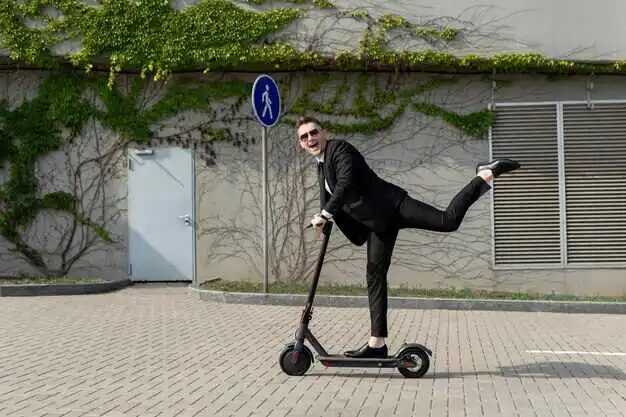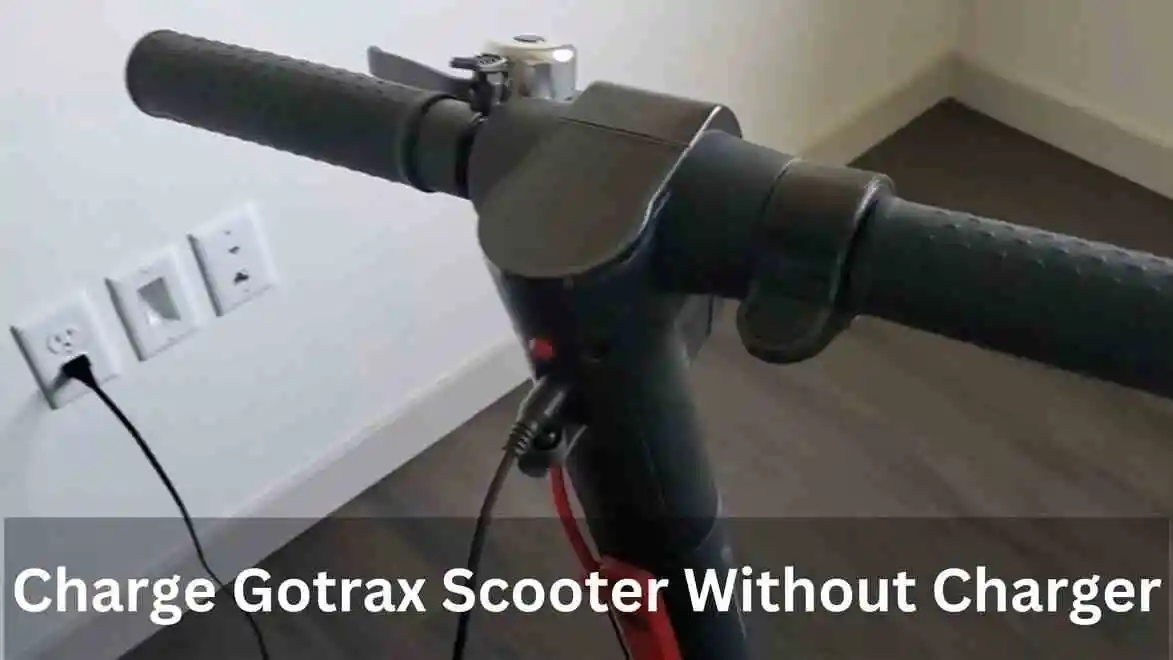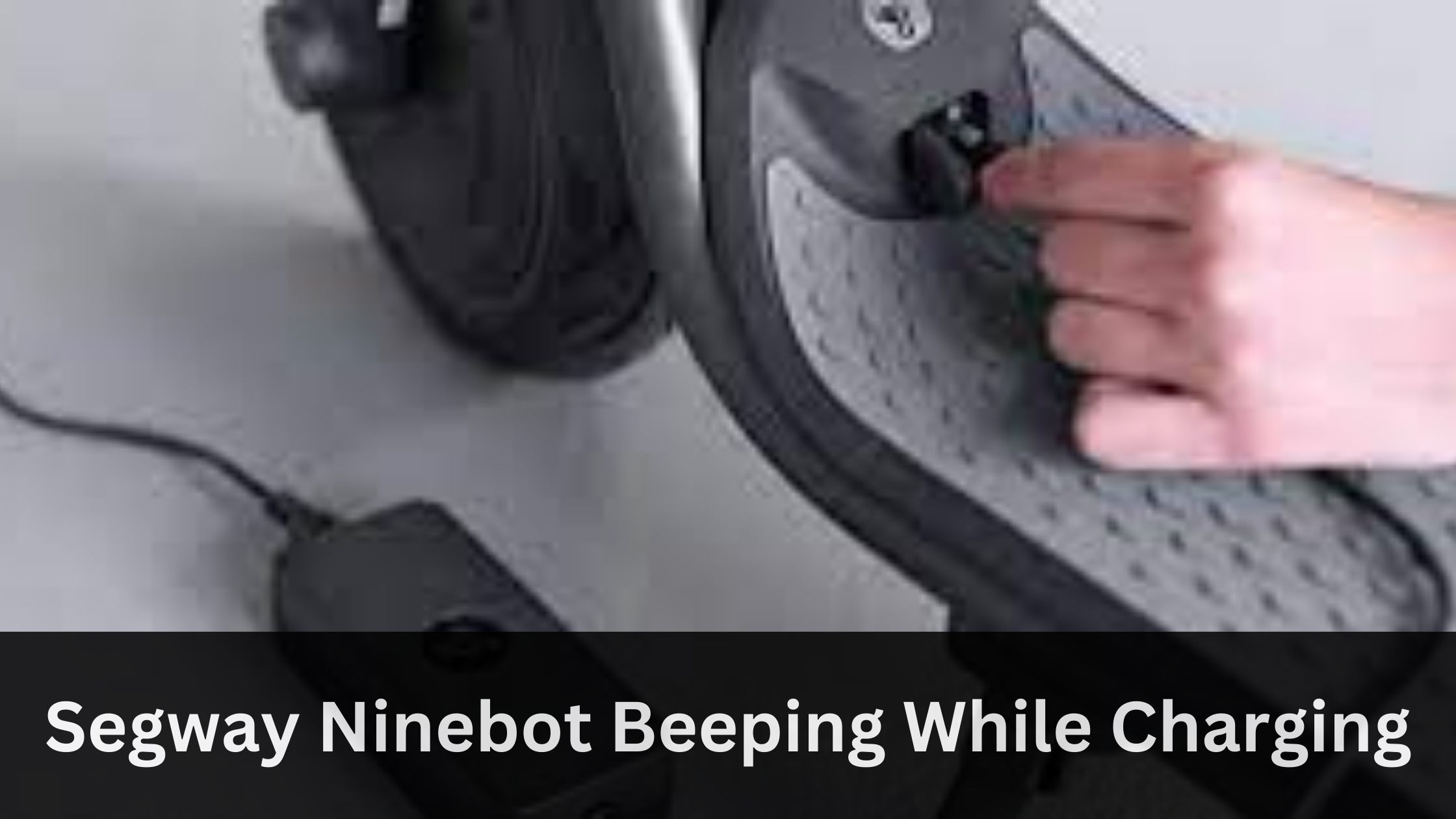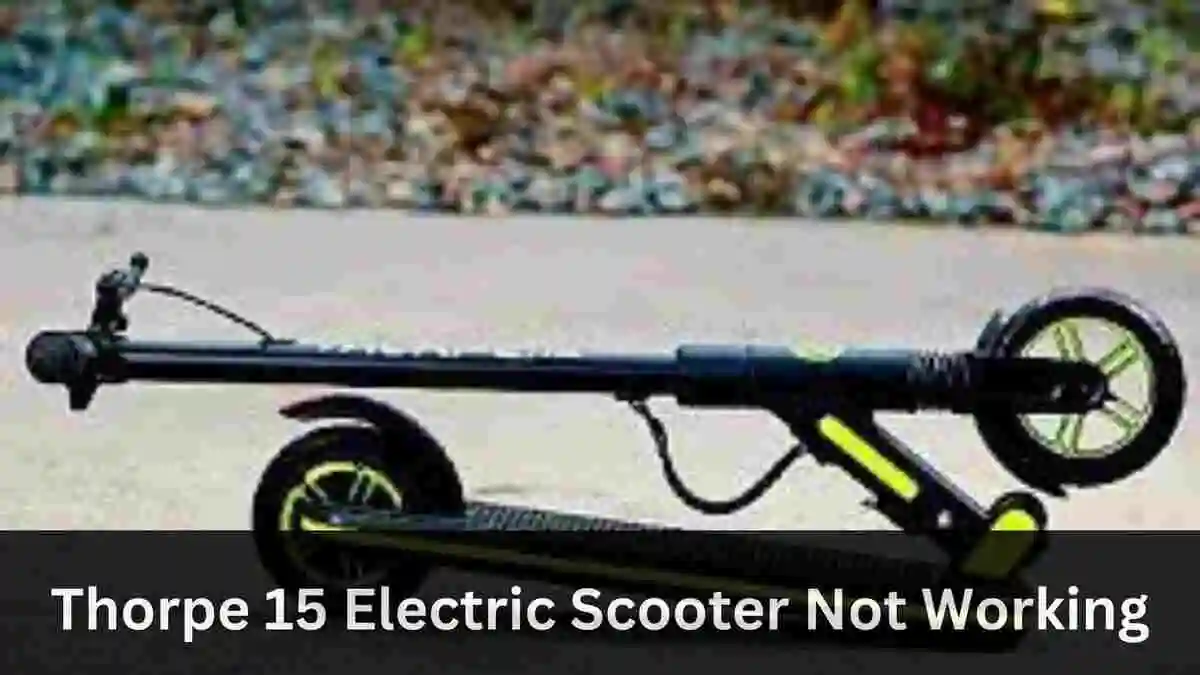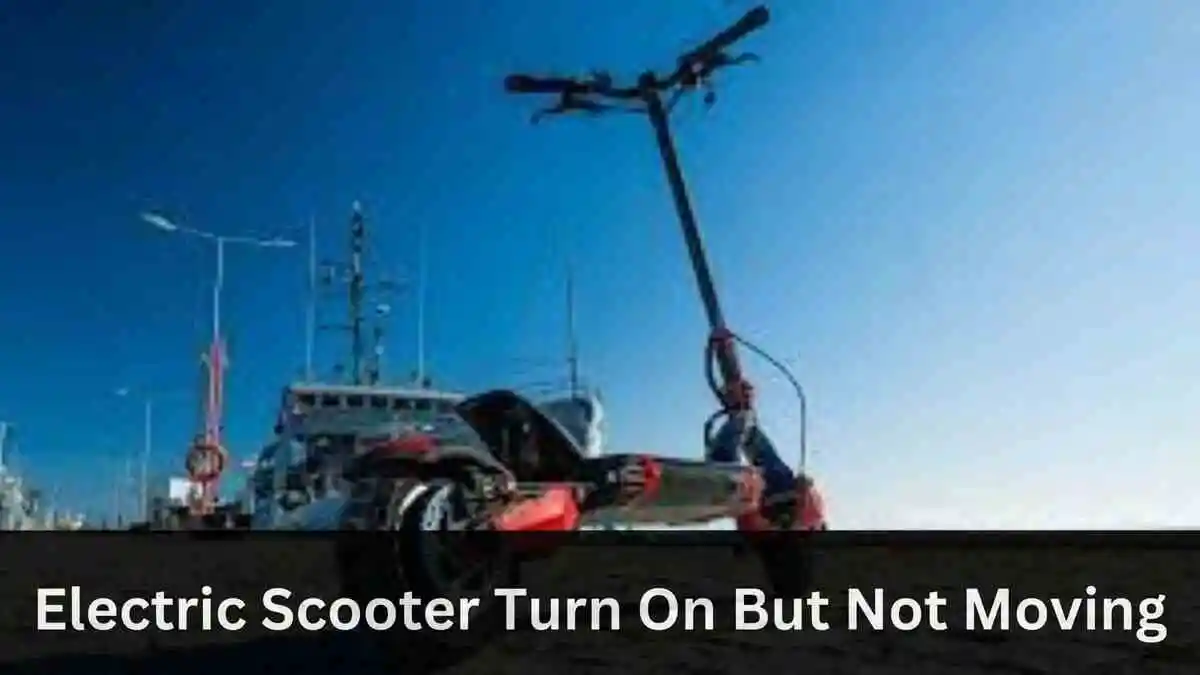Electric scooters have become a popular and eco-friendly mode of transportation, providing a convenient and efficient way to navigate urban environments. However, encountering issues such as the scooter shutting off unexpectedly while riding can be a frustrating and potentially dangerous experience.
In this article, we will explore the various causes behind electric scooter shuts off while riding and provide practical solutions to address these issues.
Most Common Causes and Quick Fix:
The Most common cause that causes electric scooter shutdown while riding or while it is performing well, is because you might ride your electric scooter at terrain that causes the connections to the motor, battery, or throttle to loosen, so check these first.
And the second most common cause is the kill switch, a small yet critical component of electric scooters, serves as a safety feature. Its primary function is to cut off power to the scooter’s motor, effectively shutting it down. This feature is particularly useful in emergencies or situations where immediate cessation of motion is necessary.
When the kill switch in your electric scooter doesn’t work right, it can cause problems. Sometimes, the scooter keeps going even when you try to turn it off, which can be dangerous.
On the other hand, a broken kill switch, because of overheating, might stop the scooter from running altogether, leaving you stuck. If you are facing the problem because of kill switch then you should bypass the kill switch at turn it ON.
There is also a other cause of electric scooter shutting off while you are riding it, that is when you ride it at hills, mostly it happens in scooters that are not build for hills, in this case you should sale your present electric scooter and by adding some money buy a new electric scooter for hills.
Causes of Electric Scooter Shutdown at Scooter-End:
1. Blown Fuse or Tripped Circuit Breaker:
One of the common reasons for an electric scooter shutting off during a ride is a blown fuse or tripped circuit breaker. This can occur when the scooter is overloaded, such as when navigating steep inclines or traversing through challenging terrains like mud.
The excessive current draw can lead to a safety mechanism kicking in, shutting down the scooter.
2. Old or Worn-Out Battery Pack:
An aging or worn-out battery pack is another culprit behind unexpected scooter shutdowns. Over time, the battery’s capacity decreases, resulting in a shorter riding range and potential shutdowns.
When the battery can no longer provide sufficient power, the scooter may slow down or come to a complete stop.
3. Overheating of the Motor:
Riding in extremely hot temperatures can cause the motor to overheat, triggering an automatic shutdown to prevent damage.
Overloading the scooter by pushing it beyond its designed capacity can also contribute to motor overheating and subsequent shutdowns. It is crucial to avoid riding in excessively hot conditions and overloading the scooter to prevent these issues.
4. Faulty Controllers:
The scooter’s controller plays a vital role in regulating the motor’s speed and direction. Issues such as loose wires or controller damage can lead to sudden acceleration or deceleration, resulting in unexpected shutdowns.
Regular inspection of the controller for loose connections or damage is essential to prevent these issues.
Causes of Electric Scooter Shutdown at User-End:
1. Improper Charging Habits:
Inadequate charging practices can contribute to battery-related problems, causing the scooter to shut off unexpectedly.
Charging the battery for too long or not charging it sufficiently can lead to battery damage. It is crucial to follow the manufacturer’s charging instructions, avoiding both overcharging and undercharging to maintain the battery’s health.
2. Overloading:
Riding the scooter up steep inclines or through challenging terrains can overload the system, leading to blown fuses or tripped circuit breakers.
Overloading results in the motor drawing more current than the battery can supply, prompting a sudden shutdown. Riding the scooter on flat surfaces and avoiding overloading can prevent such unexpected shutdowns.
You should also consider the wait if your body and weight of electric scooter shoes and other accessories with electric scooter like e.scooter cup and water bottle holders.
3. Extreme Temperatures:
Riding in excessively hot temperatures can cause the motor to overheat, triggering an automatic shutdown.
It is advisable to avoid riding in extreme weather conditions and allowing the scooter to cool down before resuming operation.
Electric Scooter Shuts Off While Riding (Fixes)
1. Checking the Controller:
To make sure the controller is working properly, grab a multimeter. First, measure the voltage from the battery to the controller.
If the voltage falls within the suggested range, move on to measuring the voltage from the controller to the motor. If the voltage doesn’t match the recommended range, it might be time to swap out the controller for a new one.
2. Looking for Water Damage:
If your scooter has had a run-in with water, take a closer look at the battery, motor, and controller. Check for any signs of water damage. If you see visible damage from water, it’s likely that the affected part needs replacing.
3. Verifying Battery Charge and Condition:
If your scooter is acting up, start by checking the battery. If the charge level is low, give it a full charge before taking the scooter out again. But, if the battery is fully charged and the scooter still cuts off unexpectedly, there might be an issue with the battery itself.
To assess the battery’s health, grab a multimeter and measure its voltage. A healthy battery typically reads between 36-42 volts. If the voltage falls outside this range, it’s a signal that the battery might need swapping out for a new one.
4. Error Code Interpretation:
Many electric scooters are equipped with error codes that can help diagnose issues quickly. Understanding these error codes and referring to the manufacturer’s troubleshooting guides can aid in identifying and resolving problems efficiently.
5. Proper Charging Habits:
Adopting proper charging habits, such as following the manufacturer’s instructions and avoiding overcharging or undercharging, can significantly contribute to preventing battery-related shutdowns.
6. Avoiding Overloading:
Riding the scooter within its designed capacity and avoiding overloading can prevent blown fuses, tripped circuit breakers, and motor overheating.
Staying within the recommended usage parameters ensures a safer and more reliable riding experience.
7. Seeking Professional Assistance:
If the issue persists despite following the manufacturer’s instructions and troubleshooting guides, seeking assistance from a qualified technician is advisable.
Professional expertise can help diagnose and address underlying problems that may not be apparent to the user.
Conclusion:
Encountering a sudden shutdown while riding an electric scooter can be disconcerting, but understanding the potential causes and implementing preventive measures can ensure a safer and more enjoyable riding experience.
By adopting proper charging habits, avoiding overloading, and conducting regular maintenance, users can minimize the risk of unexpected shutdowns and prolong the lifespan of their electric scooters.
In cases where issues persist, seeking professional assistance is a prudent step to identify and address more complex problems.

